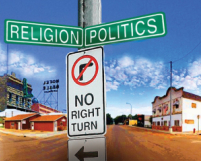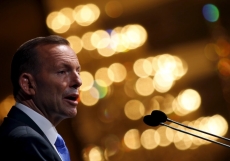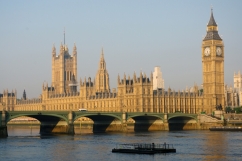People involved in politics tend to be weird. Christians also have a tendency toward oddness. I feel I have a licence to say that as someone who is both of those things.
So I have to confess the prospect of a whole weekend with over 100 people who are both Christians and involved in politics didn't thrill me. I anticipated it would be full of intense discussions and fractious arguments from people in different parties who couldn't understand how someone could be both a Christian and a Tory or a Christian and a leftie.
And the first evening of Christians in Politics' Show Up weekend did not disappoint. Shortly after I sat down for the first session my enthusiastic neighbour informed me he only ever wore blue to leave people in no doubt as to his political persuasion. Friday evening included an audience question about the godliness of Margaret Thatcher which riled at least half the room. One woman admitted to me that she felt such distaste for her fellow Christians who happened to be Tories that she avoided them at all costs. She could not understand how anyone could be both a Christian and a Conservative and wished a Tory councillor who attended her local church would move elsewhere.
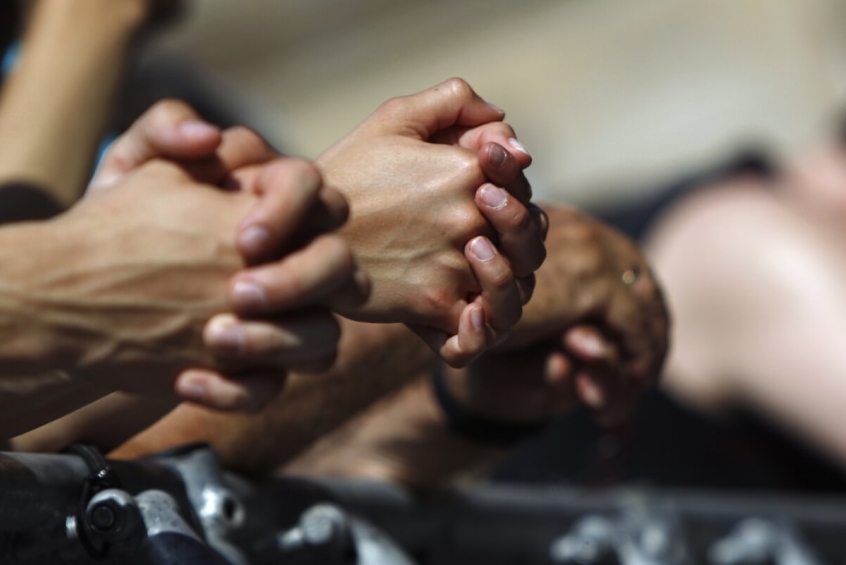
But throughout the weekend a remarkable shift took place. Led by a mix of Conservative, Lib Dem and Labour members, this odd bunch of people from right across the political spectrum prayed together, worshipped together and ate together. There was laughter, joking and teasing. We heard from representatives of all the major parties and there was a genuine desire for Christians to be involved in all political parties and for "kingdom principles to be at the heart of British politics," as one speaker said.
At the end of the weekend I ended up catching the train with the same woman who, at the start of the weekend, had told me how repulsed she was by Tory supporters. Her opinion had been completely transformed. While she assured me she would never agree with Tory on policies, she now recognised the genuineness and sincerity of Christian Conservative supporters and did not feel the same animosity.
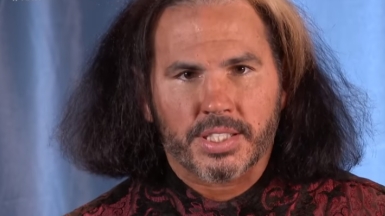
Similarly my neighbour in blue from the first night stood up on Sunday afternoon (with a white shirt on) and said how powerful it had been that a collection of people who passionately disagreed could love, support and pray for each other.
This is the power of the gospel in politics. It is the power of sitting next to someone who would otherwise be considered your political 'enemy' and learning to love them. It is the power of praying with people who you passionately disagree with and still wanting the best for them. One of Jesus' remaining unanswered prayers is that "they will be one." He taught his followers to "love one another": "by this everyone will know that you are my disciples, if you love one another."
Not for one minute does this mean Christians must agree on everything. Far from it. We should hold our beliefs passionately. But it does mean that we should disagree well. We should disagree lovingly and engage, as Jeremy Corbyn says, in "a kinder, more caring politics."
Harry Farley worked for a Conservative MP before joining the staff of Christian Today.










